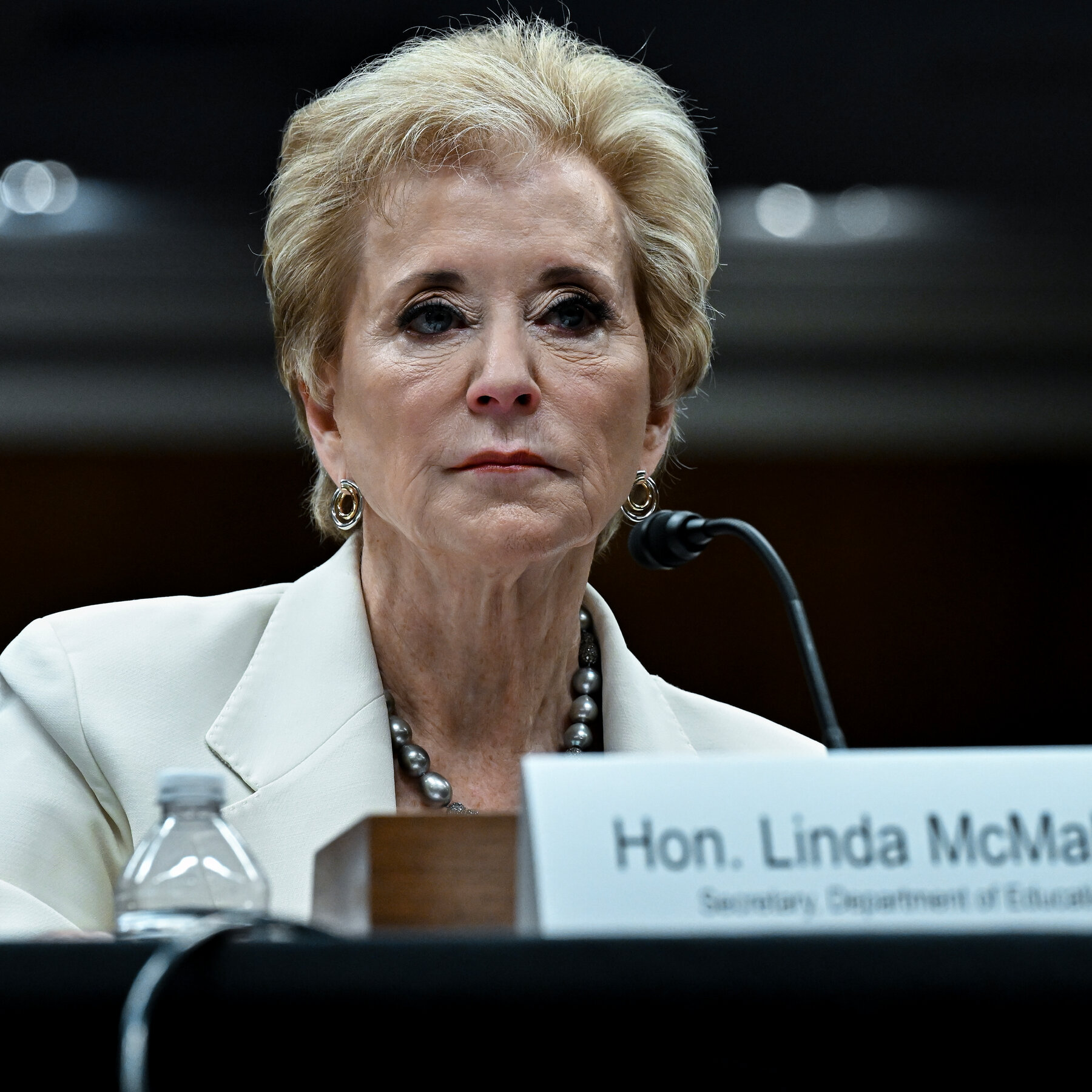Education
Education Department Cuts $350 Million in Funding for Minority Colleges

The U.S. Department of Education has announced the termination of grant funding amounting to $350 million that supported programs at minority-serving colleges. Education Secretary Linda McMahon stated that the funding was deemed to unfairly advantage minority students, reflecting a shift in the administration’s approach to education financing.
This decision has sparked considerable debate, particularly among educational leaders and advocates who argue that the funds were crucial for enhancing opportunities for underrepresented groups. Minority-serving institutions (MSIs) play a vital role in providing education to students from diverse backgrounds, and many believe that cutting this funding undermines their efforts.
Implications for Minority-Serving Institutions
The programs funded by these grants were designed to improve academic resources, support services, and infrastructure at institutions serving large populations of minority students. Critics of the funding cut worry that without these resources, colleges may struggle to maintain their educational standards and support systems.
According to the U.S. Department of Education, these changes are part of broader reforms aimed at ensuring equitable distribution of federal resources. However, the implications of this funding cut are significant, especially for institutions that rely heavily on federal support. In 2023, many colleges were already facing challenges due to rising operational costs and increasing student enrollment.
McMahon emphasized that the decision aligns with the administration’s goal to promote fairness in educational opportunities. She stated, “We must ensure that all students receive equal support, regardless of their background.” Yet, the reaction from the education community has been largely negative, with many calling for a reevaluation of this policy.
Community Reactions and Future Concerns
Advocates for minority education have voiced concerns about the long-term effects of these cuts. Groups such as the National Association for Equal Opportunity in Higher Education argue that such reductions will exacerbate existing disparities in access to quality education. The impact on students, particularly those from low-income households, could be profound, limiting their ability to pursue higher education.
While the U.S. Department of Education has indicated that it will redirect funding to programs aimed at broader educational initiatives, the specifics of these programs remain unclear. Many stakeholders are calling for transparency in how funds will be reallocated and what measures will be put in place to support the institutions most affected by these cuts.
As the conversation continues, it is evident that the decision to cut funding for minority-serving colleges represents a critical moment in U.S. education policy. The future of these institutions and their students hangs in the balance, raising essential questions about equity and support in the educational landscape.
-

 Technology5 months ago
Technology5 months agoDiscover the Top 10 Calorie Counting Apps of 2025
-

 Health2 months ago
Health2 months agoBella Hadid Shares Health Update After Treatment for Lyme Disease
-

 Health3 months ago
Health3 months agoErin Bates Shares Recovery Update Following Sepsis Complications
-

 Technology4 months ago
Technology4 months agoDiscover How to Reverse Image Search Using ChatGPT Effortlessly
-

 Technology1 month ago
Technology1 month agoDiscover 2025’s Top GPUs for Exceptional 4K Gaming Performance
-

 Technology2 months ago
Technology2 months agoElectric Moto Influencer Surronster Arrested in Tijuana
-

 Technology5 months ago
Technology5 months agoMeta Initiates $60B AI Data Center Expansion, Starting in Ohio
-

 Technology5 months ago
Technology5 months agoRecovering a Suspended TikTok Account: A Step-by-Step Guide
-

 Health4 months ago
Health4 months agoTested: Rab Firewall Mountain Jacket Survives Harsh Conditions
-

 Lifestyle5 months ago
Lifestyle5 months agoBelton Family Reunites After Daughter Survives Hill Country Floods
-

 Technology4 months ago
Technology4 months agoHarmonic Launches AI Chatbot App to Transform Mathematical Reasoning
-

 Technology3 months ago
Technology3 months agoUncovering the Top Five Most Challenging Motorcycles to Ride





















